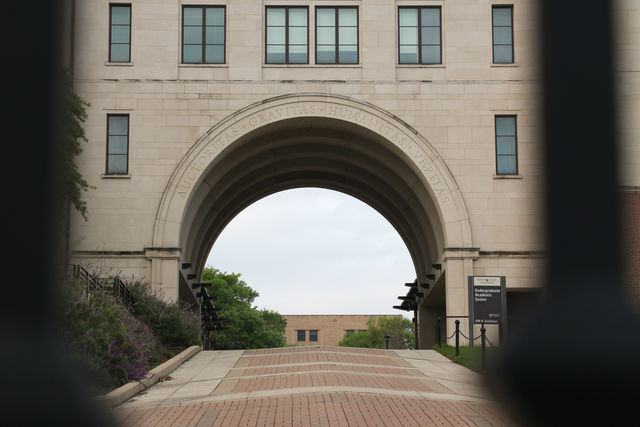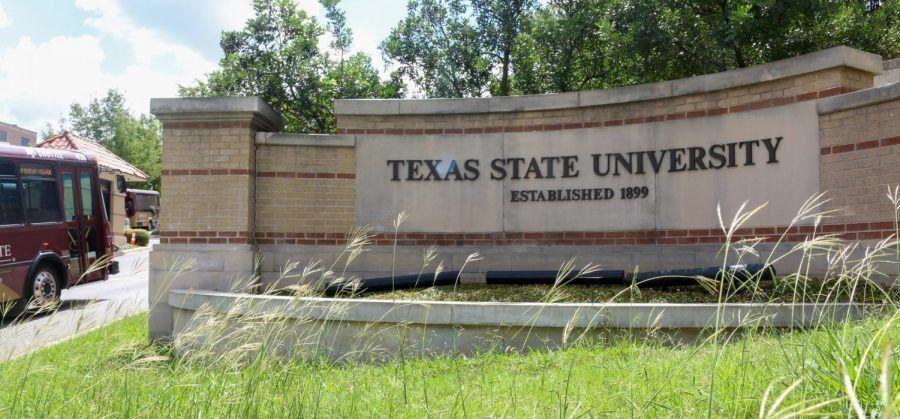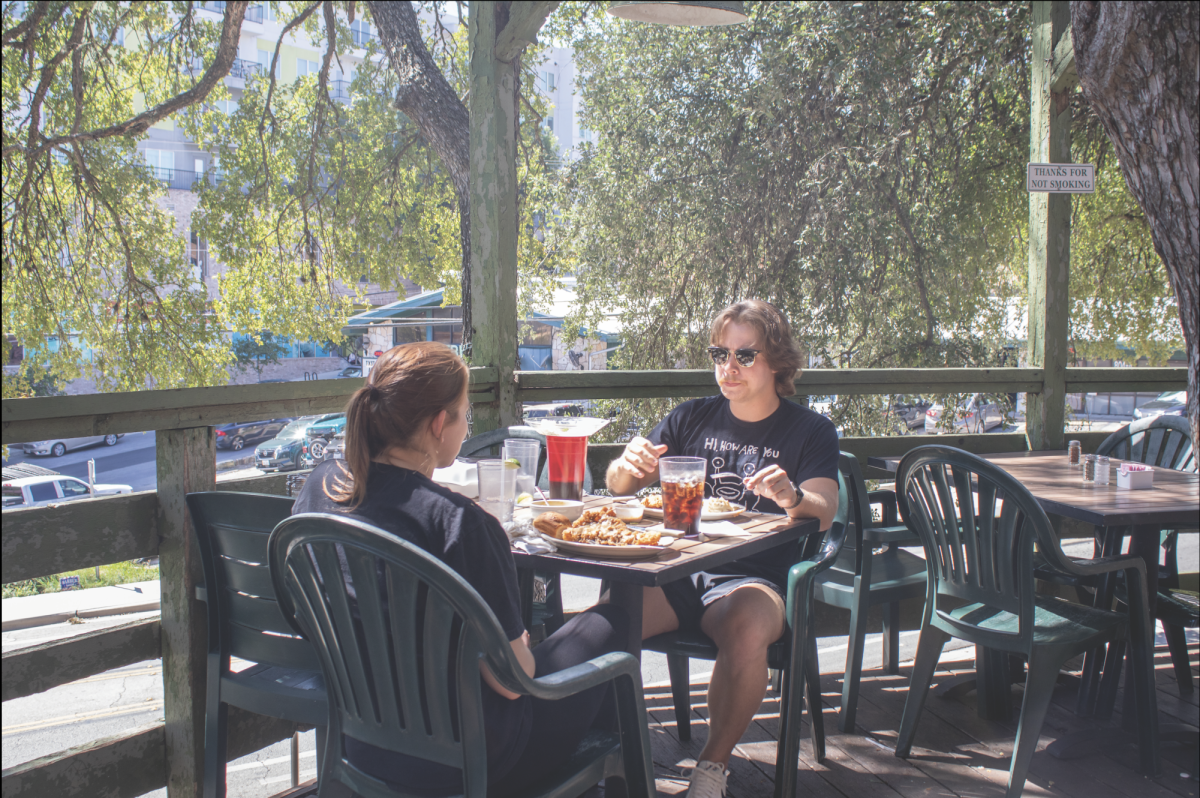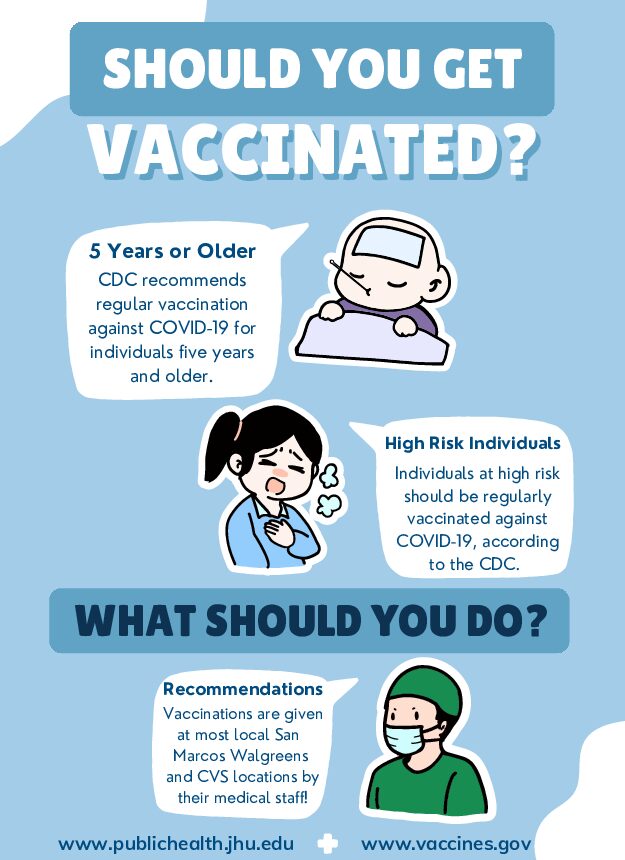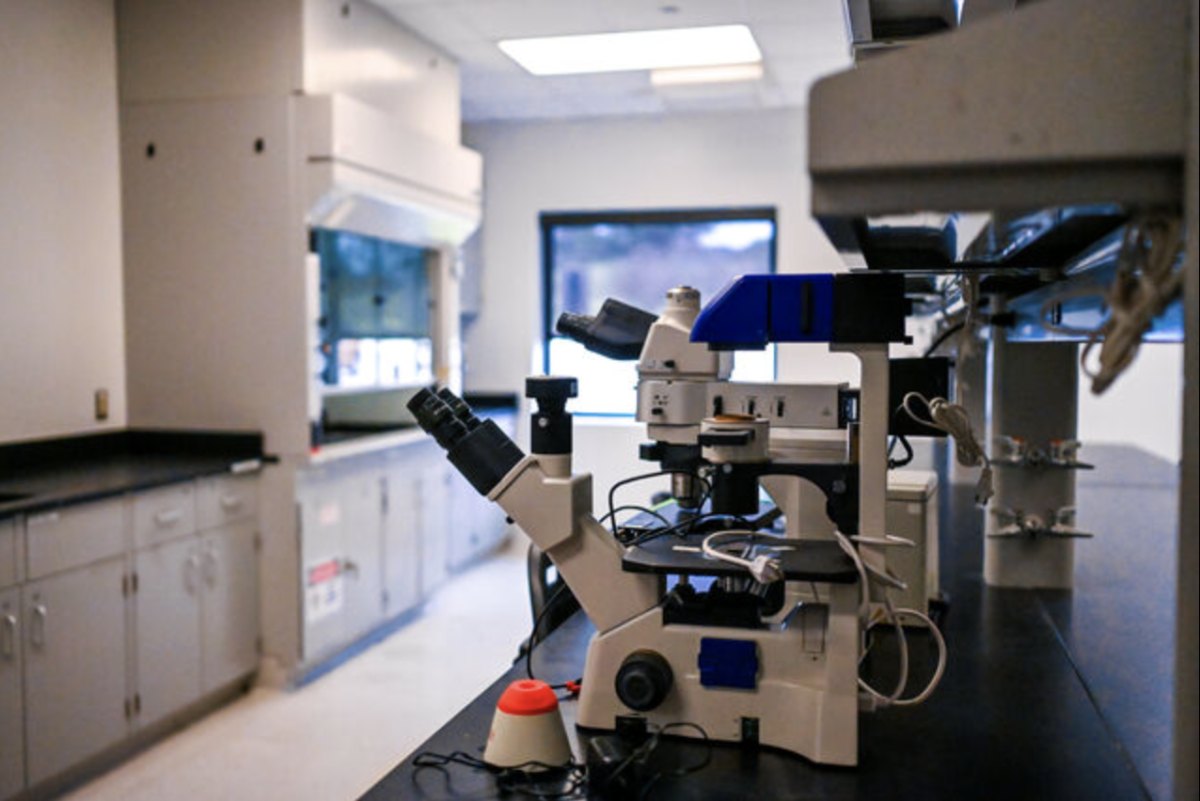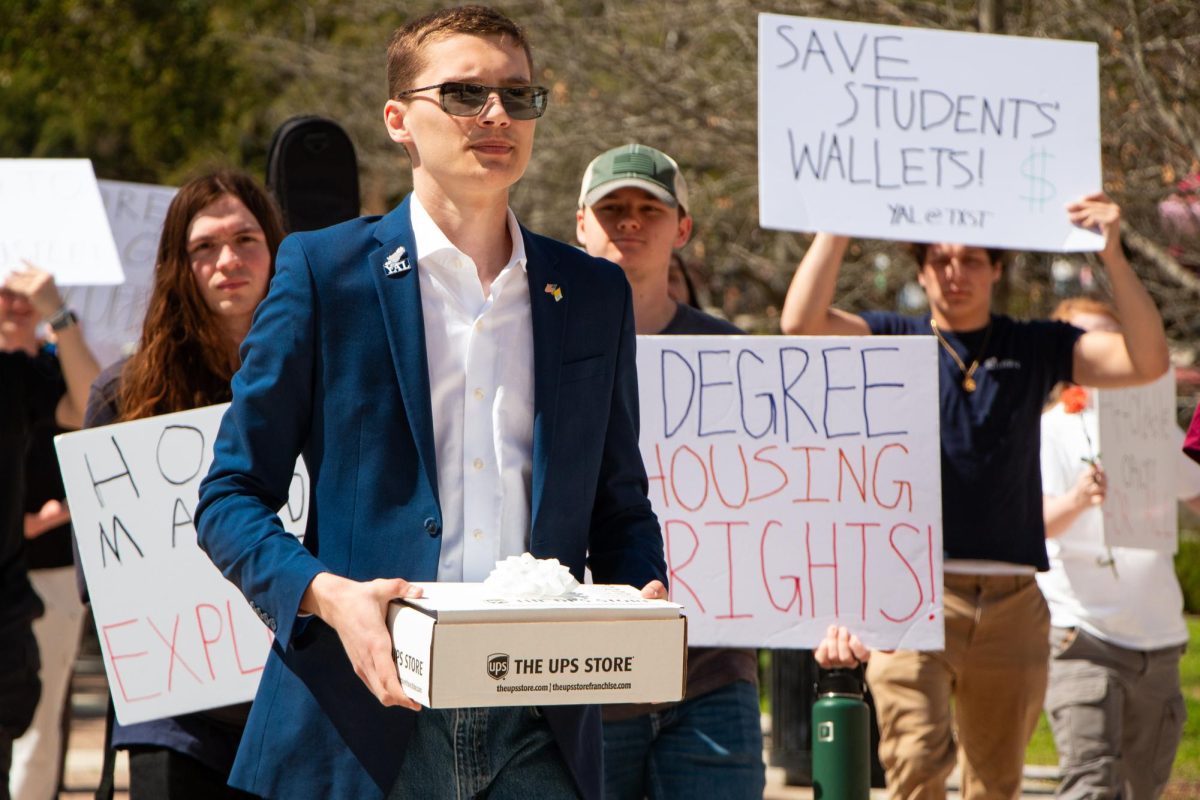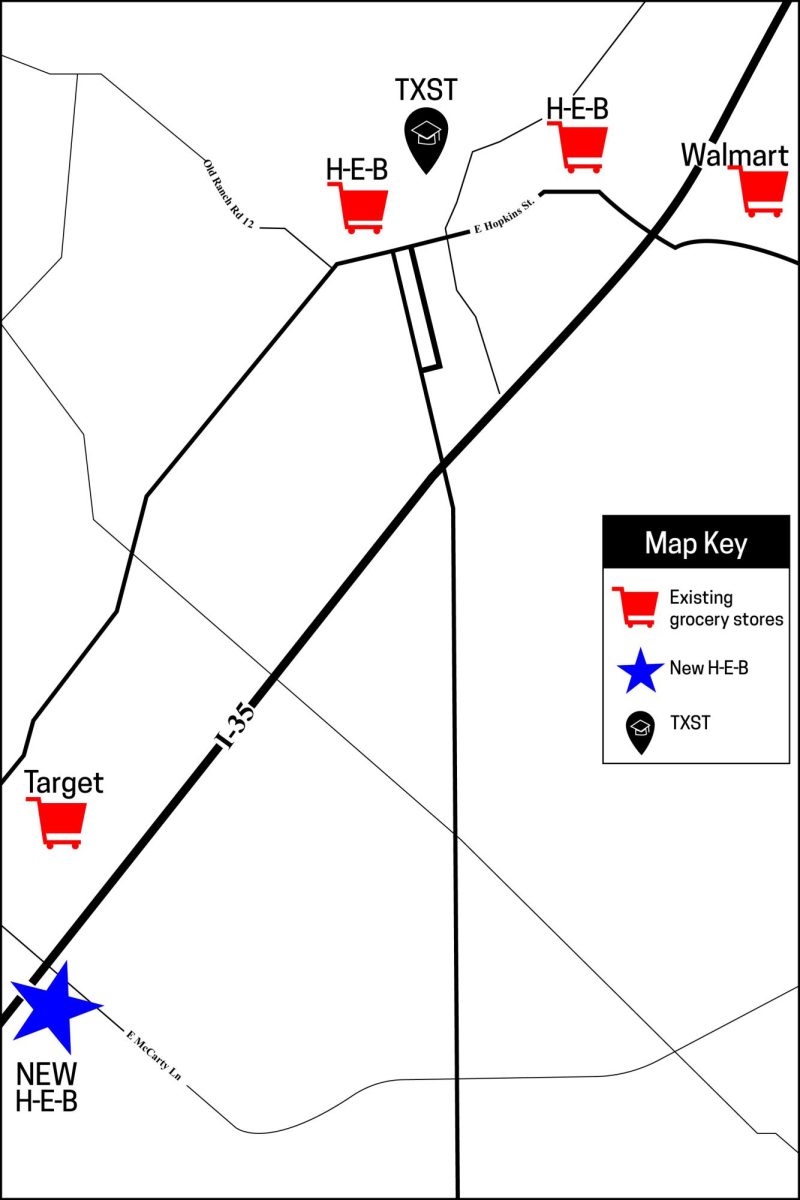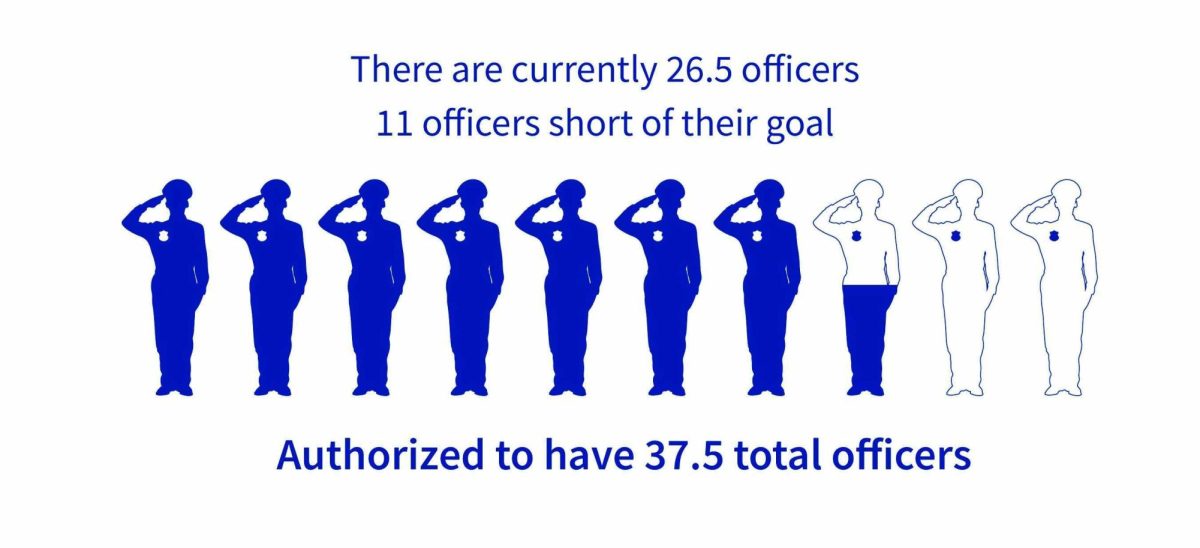Following University President Denise M. Trauth’s message regarding the extension of spring break and the transition to remote instruction, provost Gene Bourgeois released a contingency plan for faculty and staff members to “effectively implement the transition.”
What follows is the complete release of information from the Provost’s office as of March 12.
Overview
Effective Monday, March 16, 2020, Texas State is suspending all face-to-face delivery of classes. For two weeks (beginning March 30, 2020 through April 12, 2020), faculty are asked to conduct classes remotely. The following information is designed to assist faculty in planning for the continuity of academic courses and processes that support teaching and learning. Face-to-face classes will resume on Monday, April 13, 2020.
The schedule includes:
- Week beginning Monday, March 16, 2020 (Spring Break): Classes do not meet. Faculty may begin making preparations for remote instruction. Designated essential offices remain open, which are listed here: https://www.hr.txstate.edu/Holiday-Schedule.
- Week beginning Monday, March 23, 2020: Classes do not meet so that faculty have time to make preparations to move organized face-to-face classes to remote instruction. No instruction, exams, assignments, or other class activities may occur this week. All university offices, services, and departments are open.
- Wednesday, March 25, 2020: Due date for faculty to communicate with students in their classes regarding course changes (see FAQs below)
- Week beginning Monday, March 30, 2020: Previously face-to-face classes begin meeting via remote instruction. All university offices, services, and departments are open.
- Week beginning Monday, April 13, 2020: All classes return to instructional delivery methods used prior to Spring Break. All university offices, services, and departments are open.
During this challenging time, we recognize the critical role and workload of faculty to ensure students are successfully guided through their courses and academic activities. Texas State has a long history of compassion, a student-centered approach, and innovation in teaching and learning. We and your students greatly appreciate your understanding, flexibility, and cooperation as the entire university responds to this public health challenge.
Frequently Asked Questions (FAQs)
1. Why did Texas State make this decision?
The health of the Texas State University community is at the forefront of decision making. The decision to cancel all face-to-face delivery of instruction was based on public health advice to increase social distancing and decrease gatherings of large numbers of people.
2. Will students be on campus?
Residence halls and dining services will be available for students on campus. Students who do return to campus will be asked to follow the social distancing and prevention practices recommended by the Centers for Disease Control and Prevention (CDC). Students who work on campus should consult with their supervisors for guidance on work schedules. Some students may decide to stay away from campus.
3. How do I stay informed about the situation?
The university is continuously monitoring the effects of COVID-19 on the university community. All faculty, staff, and students are urged to check their Texas State email accounts and the university’s website on a daily basis: https://news.txstate.edu/inside-txst/2020/statements-regarding-coronavirus-covid-19.html
4. How is teaching and course delivery changing for the two-week period?
Organized Classes: Lecture, Seminar, Lab
Organized classes implemented at the university’s facilities in San Marcos and Round Rock and non-Texas State facilities:
- Face-to-face classes will be delivered remotely in lieu of face-to-face meetings.
- Classes at non-Texas State facilities may be affected by policies implemented at those sites.
Organized classes implemented via electronic delivery:
Fully online classes will proceed as planned.
- Hybrid classes that require in-person interactions will be delivered remotely in lieu of face-to-face meetings.
Individualized Classes and Special Instruction: Practicum, Independent Study, Thesis, Dissertation, Student Teaching, Internships, Co-operative Education, Private Lesson, Clinical, Research Activities, etc.
Individualized classes and special instruction implemented at the university’s facilities in San Marcos and Round Rock:
- These classes are not required to move to remote instruction but may benefit from social distancing techniques. Please keep flexibility in mind, as not all students will be returning to campus or the area.
- Research activities, including those that involve live animals, may have separate expectations determined by the faculty member, chair/director, dean, and associate vice president for research and federal relations.
Individualized classes and special instruction implemented via electronic delivery:
- Fully online classes will proceed as planned.
- Hybrid classes are not required to move to remote instruction but may benefit from social distancing techniques. Please keep flexibility in mind, as not all students will be returning to campus or the area.
Individualized classes and instruction implemented at non-Texas State locations:
- These classes may be affected by policies implemented at facilities and sites.
- These classes are not required to move to remote instruction but may benefit from social distancing techniques. Please keep flexibility in mind, as not all students will be returning to campus or the area.
- Given the unique nature of these classes, departments, schools, and/or colleges may communicate specific instruction plans to students and faculty. Please monitor your Texas State email account on a daily basis.
5. When should I first communicate to students in my classes or under my supervision?
Students will be anxious to hear from their course instructors or supervisors. Over the next few days, faculty are encouraged to send an email to their students with the following information:
- the decision made by the university and its official website for information: https://news.txstate.edu/inside-txst/2020/statements-regarding-coronavirus-covid-19.html,
- reassurance that the course or supervision will continue and that you will communicate information on how the course will be taught by Wednesday, March 25, 2020,
- the official communication method you will use with students (Texas State email, TRACS, Canvas),
- recommendation that students familiarize themselves with technology resources available to assist with taking remote courses: https://itac.txstate.edu/remote/students.html, and
- remind them to check their Texas State email on a daily basis.
6. Does this situation change the learning goals or priorities of my classes?
Faculty members have discretion in making changes to their courses in response to the COVID-19 challenge. First and foremost, faculty are asked to consider actions that are in the best interests of course learning goals, students, and students’ academic progression. Given the sudden nature of the situation, the remote course will not be “perfect” or identical to the face-to-face course.
In planning for remote delivery, an important step is to determine which learning goals may be reasonably achieved during the two-week period. Questions to ask include:
- What are my priorities for learning goals and course materials?
- What teaching and learning methods will ensure students meet learning outcomes?
- What tools and methods am I able to quickly and effectively implement?
- What tools and methods are easily accessible for my students?
The key is to prioritize learning goals, determine any changes to the course syllabus, select remote delivery options, and communicate revised expectations to students. Faculty are expected to communicate with students by Wednesday, March 25, 2020 on the following items:
- changes to due dates, assignments, assessments, and other aspects of the course syllabus,
- information on how the course will be taught,
- if technology or software are needed to participate in the class,
- how to access technology or software and get support from ITAC,
- how to access teaching and learning materials,
- how to document attendance or participation in the class,
- the official communication method you will use with students (Texas State email, TRACS, Canvas), and
- any other changes.
7. What are my options and resources for delivering classes remotely?
Faculty members may implement teaching and learning plans via email, TRACS, Canvas, Zoom, Texas State’s licensed video conference system, and other software and online resources. However, given variance in student access to computers and high-speed internet connections, it is important to consider a low-tech, low-bandwidth approach when possible. To accommodate the situation, faculty members are encouraged to consider the following:
Course Design and Materials
- Course time and in-class material, such as lectures or guest speakers, could be replaced with additional readings, reflection papers, videos, or assignments. The university libraries maintain subject guides and course guides that may include resources for your discipline: https://guides.library.txstate.edu/?b=s
- Open educational resources (OER) are available on a wide range of topics and may include lectures, assignments, videos, readings, and other materials. Resources include:
Texas State’s compilation of OER by discipline: https://guides.library.txstate.edu/OERbycollege
MITOpenCourseWare: https://ocw.mit.edu/index.htm
OpenStax: https://cnx.org/
OER Commons: https://www.oercommons.org/
MERLOT: https://www.merlot.org/merlot/
GALILEO: https://oer.galileo.usg.edu/
- For assessments, consider the various ways that students demonstrate learning and mastery of course materials. If an extensive in-person exam is not possible, several shorter quizzes delivered via Canvas or TRACS may work. Another option is to issue a “take home” exam or written assignments that students complete and submit via email. Finally, it may be necessary to postpone exams until face-to-face classes resume.
- Implement asynchronous learning activities where students briefly visit a Wi-Fi access point, check email or access Canvas or TRACS, download Word, Excel, or PowerPoint files or other material, and go offline to review and work with the materials. Students later return to the Wi-Fi access point to email or submit assignments (papers, worksheets, etc.) or to take a short quiz in Canvas or TRACS.
- If synchronous activities are required of students, plan to implement Zoom or electronic meetings on the same day and time that the class normally meets. All faculty have access to Zoom for class sizes up to 300. For classes larger than 300, faculty may request additional access: https://doit.txstate.edu/services/online-meetings
- Office hours may be held via email, phone, Zoom, TRACS or Canvas.
Technology
- Download and print a complete roster for your classes including email addresses for each student. Even if you plan to use TRACS or Canvas for remote teaching, email will be an essential tool. Class rosters may be downloaded in CATSWEB: https://www.catsweb.txstate.edu/faculty-staff.html or via TRACS/Canvas.
- Make use of Outlook email, Canvas or TRACS to communicate with students.
- Zoom allows faculty to host online class meetings via live videoconferencing, which may be recorded and viewed later. There are other tools, including Ensemble Anthem for video recordings. These are bandwidth-intensive tools and may not be suitable for students who do not have access to computers and high-speed Wi-Fi. Plan to use Zoom in audio-only mode if students do not have access to high-speed internet or Wi-Fi.
- Use software and tools already familiar to you and your students, such as Microsoft Outlook, Word, PowerPoint, Excel, or others popular in your discipline.
- Keep in mind that large file sizes, such as recorded video and audio files, may not be accessible for students without access to computers and high-speed Wi-Fi.
- Review Universal Design for Learning principles available here: https://www.ods.txstate.edu/faculty-and-staff-resources/Creating-an-Inclusive-Environment.html
Student Needs
- Thesis and dissertation meetings for graduate students may be scheduled via Zoom but are not required to do so.
- In choosing technology, consider FERPA guidelines and expectations for privacy and confidentiality. For example, student grades may not be emailed.
- Be mindful of students with accommodations through the Office of Disability Services (ODS) and how course revisions may affect their experiences, including universal design, additional time for testing, readability of materials, and assistive devices. Contact ODS for questions at 512.245.3451 or [email protected].
Training Available
Forthcoming – check Provost’s website daily
For additional information, please see the following websites: 1) the Office of Distance and Extended Learning’s (ODEL) Teaching Continuity Guide web site, for advice and support on effective online teaching and 2) the Information Technology Assistance Center’s (ITAC) Teaching, Learning, and Working Remotely at TXST website for technical support. Both ODEL and ITAC are prepared to assist faculty in using remote teaching tools.
8. Will computer labs, tutoring, learning assistance, testing services, disability services, counseling services, and other offices that support students in my classes be available?
University offices, services, and department will remain open during the entire period, except for the week of Spring Break. During Spring Break, only designed essential offices are required to remain open. A list of designated essential offices is here: https://www.hr.txstate.edu/Holiday-ScheduleOffices supported by a large number of student workers may experience reduced service levels, although students are allowed to work during this time. Please contact specific offices directly for any questions or concerns.
9. Will final course grades be affected?
Final course grades for the spring 2020 semester are due by noon on Monday, May 18, 2020. At this time, no changes are expected to this deadline. The university wants to ensure that this disruption does not disadvantage faculty or students, including an excessive number of incomplete and non-reported grades. Provisions for incomplete grades are the same as those typically allowed by university policy: https://policies.txstate.edu/division-policies/academic-affairs/02-03-12.html.
10. How do I accommodate students who are ill during this time?
Accommodations for students who are ill during the two-week period are the same as those typically allowed by your course syllabus and/or department policies.
11. Where do I go for more guidance?
For questions about expectations in this memorandum, faculty are encouraged to talk with the department chair or school director.
For assistance with technology, faculty may contact ITAC by phone at 512.245.4822, email: [email protected], or visit ITAC’s website: https://itac.txstate.edu/
For assistance with online/remote teaching, faculty may contact the Office of Distance and Extended Learning at 512.245.2322 or visit ODEL’s website: https://www.distancelearning.txstate.edu/faculty/Teaching-Continuity-Guide.html.
The Provost’s office has noted that this is a living document and that changes will be made in accordance with issues discovered in during the implementation of remote learning for current students, faculty and staff.




